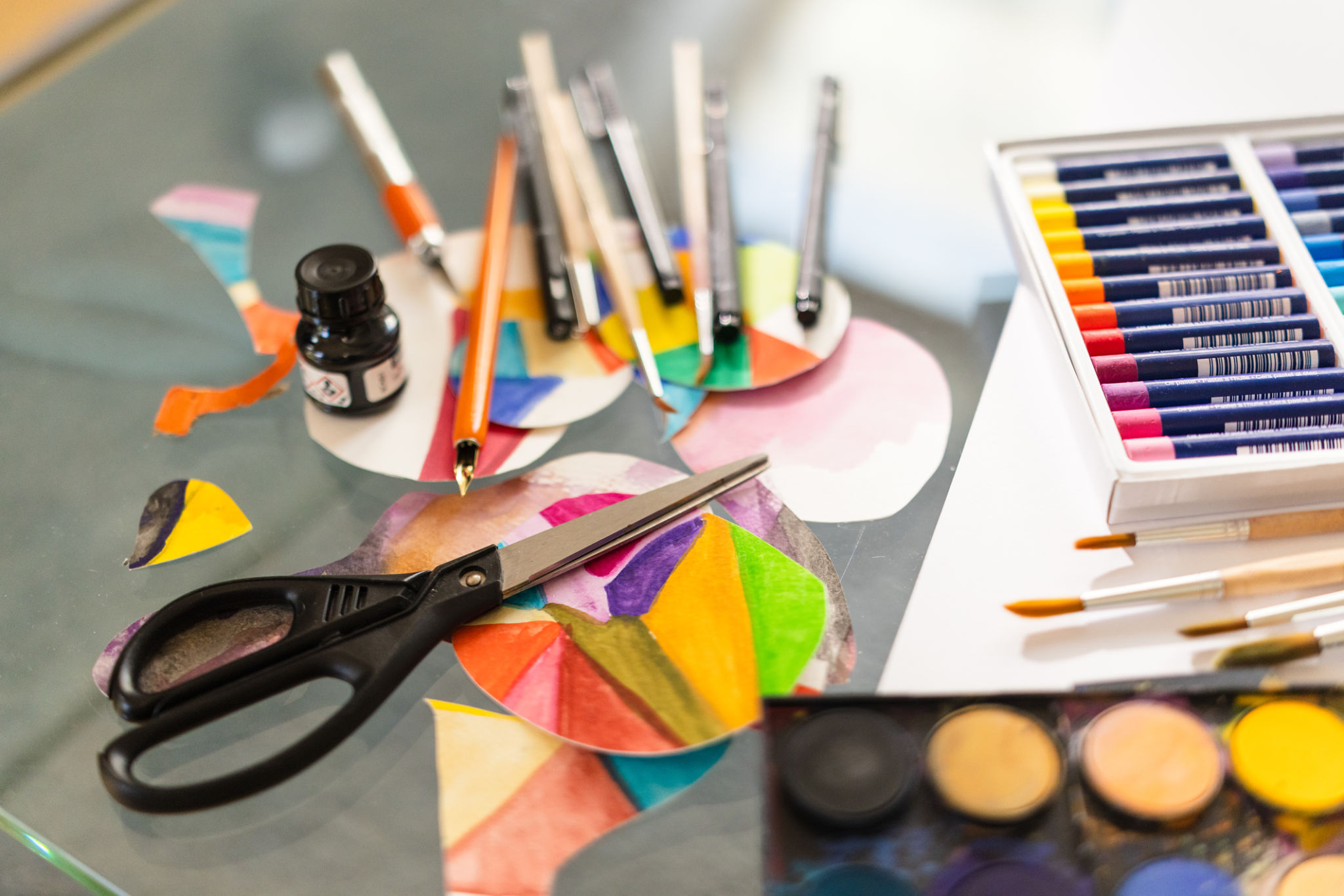Sustainable Crafting: How to Reduce Waste in Your Fiber Art Projects
Understanding Sustainable Crafting
As the world becomes more environmentally conscious, crafters are finding ways to ensure their projects are sustainable. Fiber arts, which include knitting, crocheting, weaving, and more, offer numerous opportunities to reduce waste and make eco-friendly choices. By implementing sustainable practices, you can enjoy your passion for crafting while minimizing your environmental impact.

Choosing the Right Materials
One of the first steps in sustainable crafting is selecting materials that are kind to the environment. Opt for natural fibers like organic cotton, wool, and bamboo, which are biodegradable and have a smaller carbon footprint compared to synthetic options. Additionally, consider using recycled or upcycled yarns made from previously used materials, which help reduce waste and conserve resources.
Minimizing Waste with Smart Planning
Careful planning can significantly reduce waste in your projects. Start by accurately calculating the amount of material needed for your project to avoid excess. Creating a detailed plan or pattern beforehand ensures that you use only what is necessary. Many fiber artists also advocate for using remnants from past projects in new creations, promoting a zero-waste approach.

Recycling and Reusing
Embracing recycling and reusing is key to sustainable crafting. Unravel old projects or thrift store finds to reclaim yarn for new uses. This practice not only saves resources but also adds a unique story to your creations. Additionally, consider swapping materials with fellow crafters or participating in community events focused on exchanging supplies.
Eco-Friendly Tools and Accessories
Aside from materials, the tools and accessories you use can also contribute to your project's sustainability. Opt for durable, high-quality tools made from sustainable resources like bamboo or responsibly sourced wood. These tools tend to last longer, reducing the need for frequent replacements and minimizing waste.

Mindful Disposal of Waste
If you find yourself with leftover bits of yarn or other materials, dispose of them mindfully. Consider composting natural fibers or donating small scraps to local schools or community centers where they can be used in art projects. Many organizations welcome these donations as they help support educational programs and creative initiatives.
Incorporating Sustainable Practices into Daily Crafting
Integrating sustainability into your crafting routine can be simple and rewarding. Set aside time to regularly evaluate your crafting habits and look for areas where you can make more eco-friendly choices. Whether it's by supporting brands that prioritize sustainability or learning new techniques that minimize waste, every small step contributes to a larger positive impact.
By adopting these practices, you not only enrich your own crafting experience but also contribute to a healthier planet. Sustainable crafting is an opportunity to express creativity while being mindful of our environmental responsibilities.